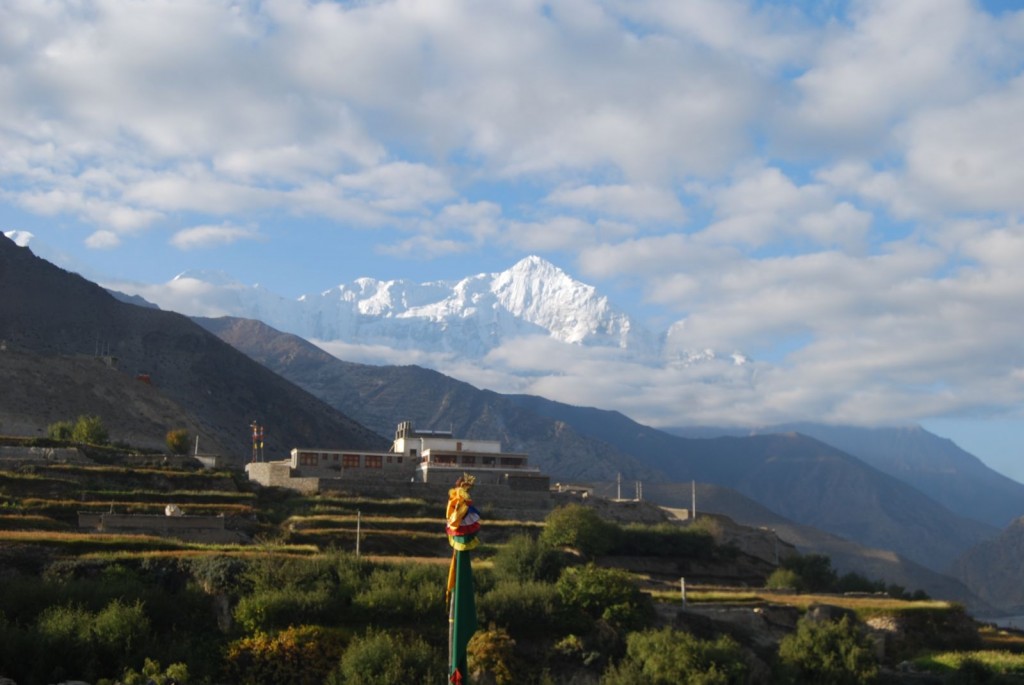Adaptive Pathways to Climate Change (APaCC): Livestock and Livelihood Systems in Gandaki River Basin
Program Areas – Sustainability, Development

Integrated crop and livestock-based livelihoods of Nepalese farmers—characterized by small holding and low levels of development —are extremely sensitive to climate variability and change. Livestock is not only an important source of both draught power and animal protein, the latter through the consumption of milk, milk products, eggs, and meat; but it is also an important source of alternate income. Sales of livestock, livestock products, and livestock services make up a considerable proportion of the average farmers income. Given the significance of livestock and the need to increase the resiliency of livestock keepers in the face of climatic change this collaborative action research, in which I am the PI, is an interdisciplinary team of scholars and practitioners from Arizona State University and University of Hawaii, a Nepali NGO, two Nepalese government organizations and a Nepalese university. This action research consists of three interlinked activities: a) knowledge production through shared learning; b) understanding of practices that maintain and/or enhance ecosystem resilience; and c) capacity building through application of new knowledge so that the most vulnerable groups are able to cope with and adapt to climate change and other stressors. We expect this research to converge with USAID’s Feed the Future initiative to achieve food security and improve livelihoods of farmers and livestock keepers in Nepal. Findings from this project will allow researchers, practitioners and communities to foster adaptive capacity by highlighting experiences, strategic responses, and governance structure for adaptation planning.
View a short video essay highlighting the key components and some of the initial findings of the Adaptive Pathways to Climate Change in Nepal (APaCC) Project.
Meet the Project Team
Principal Investigators
